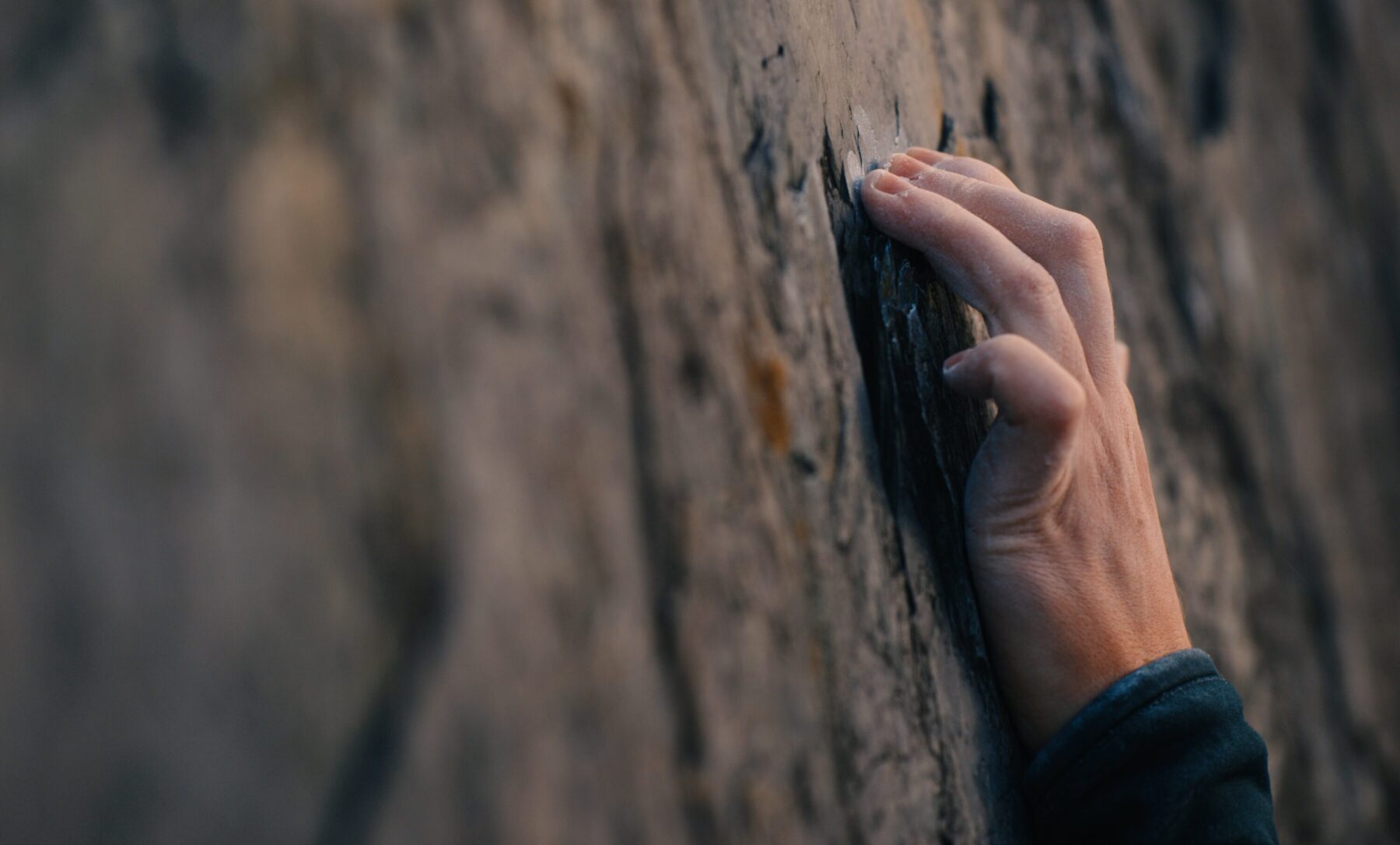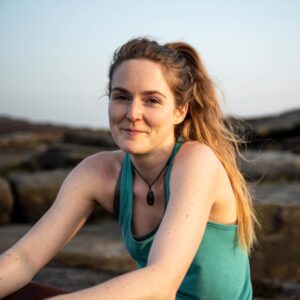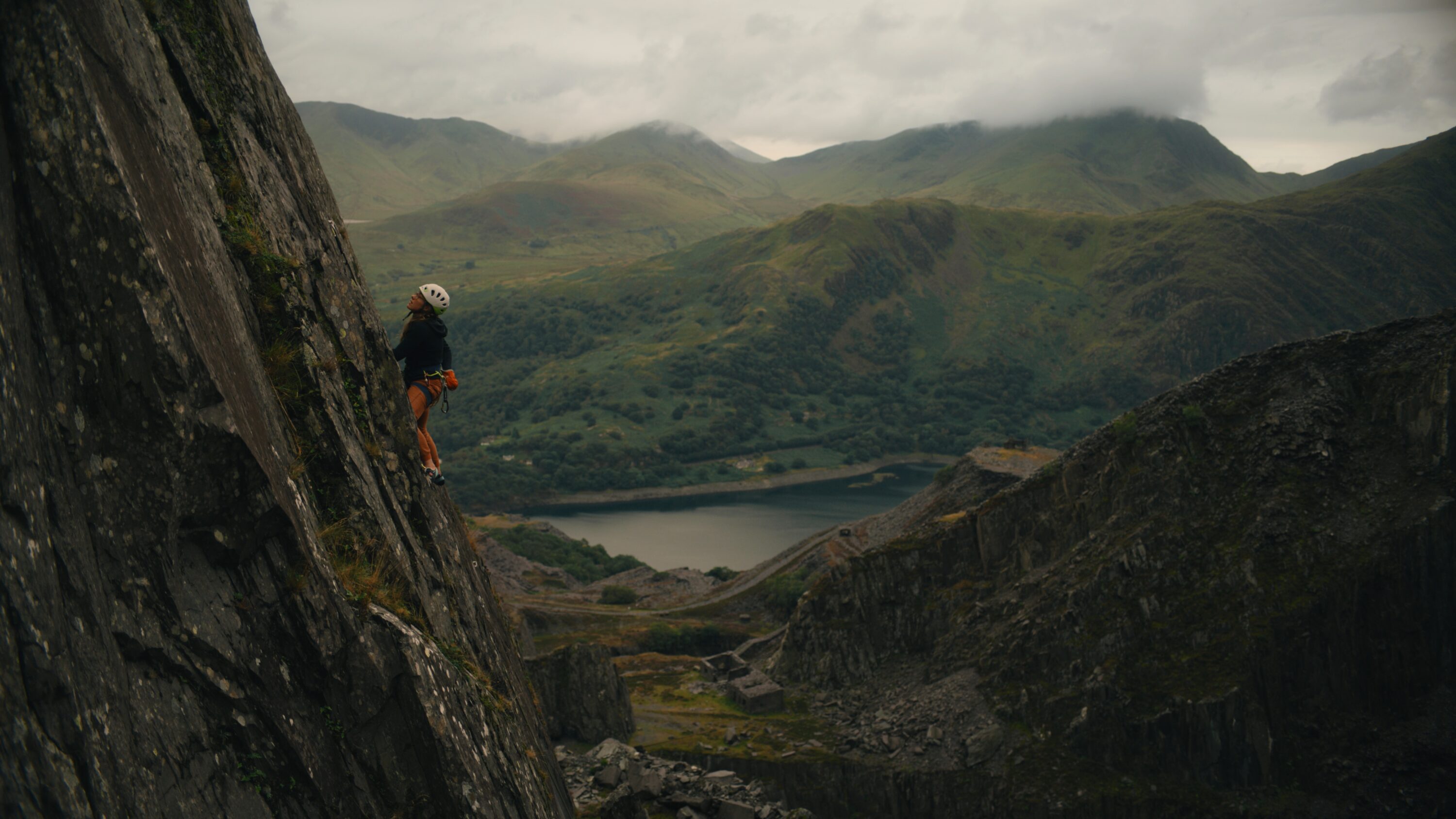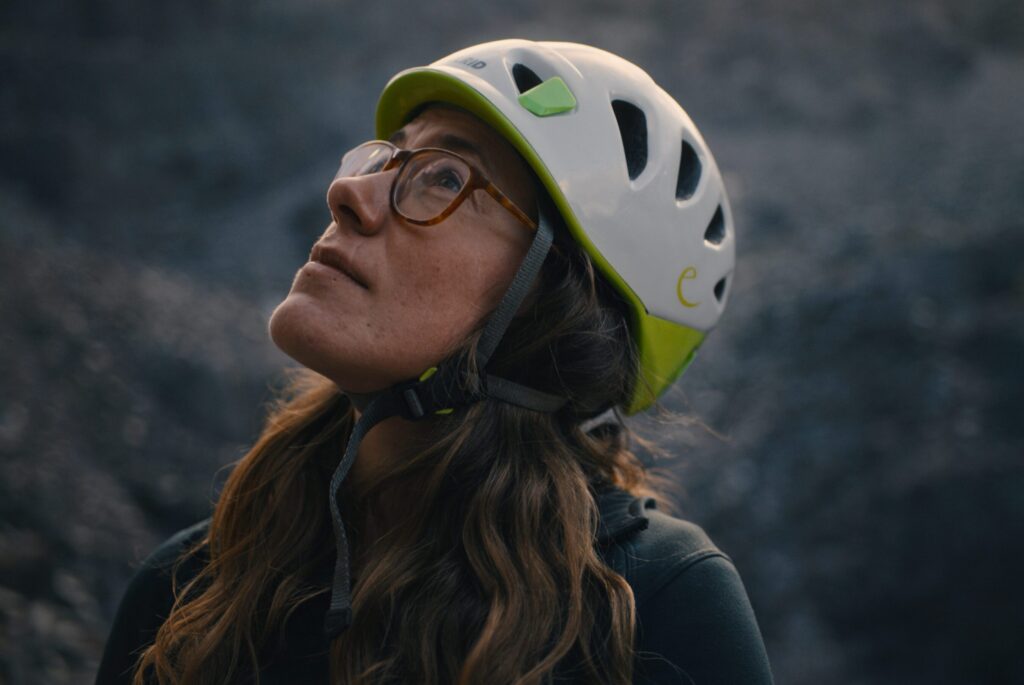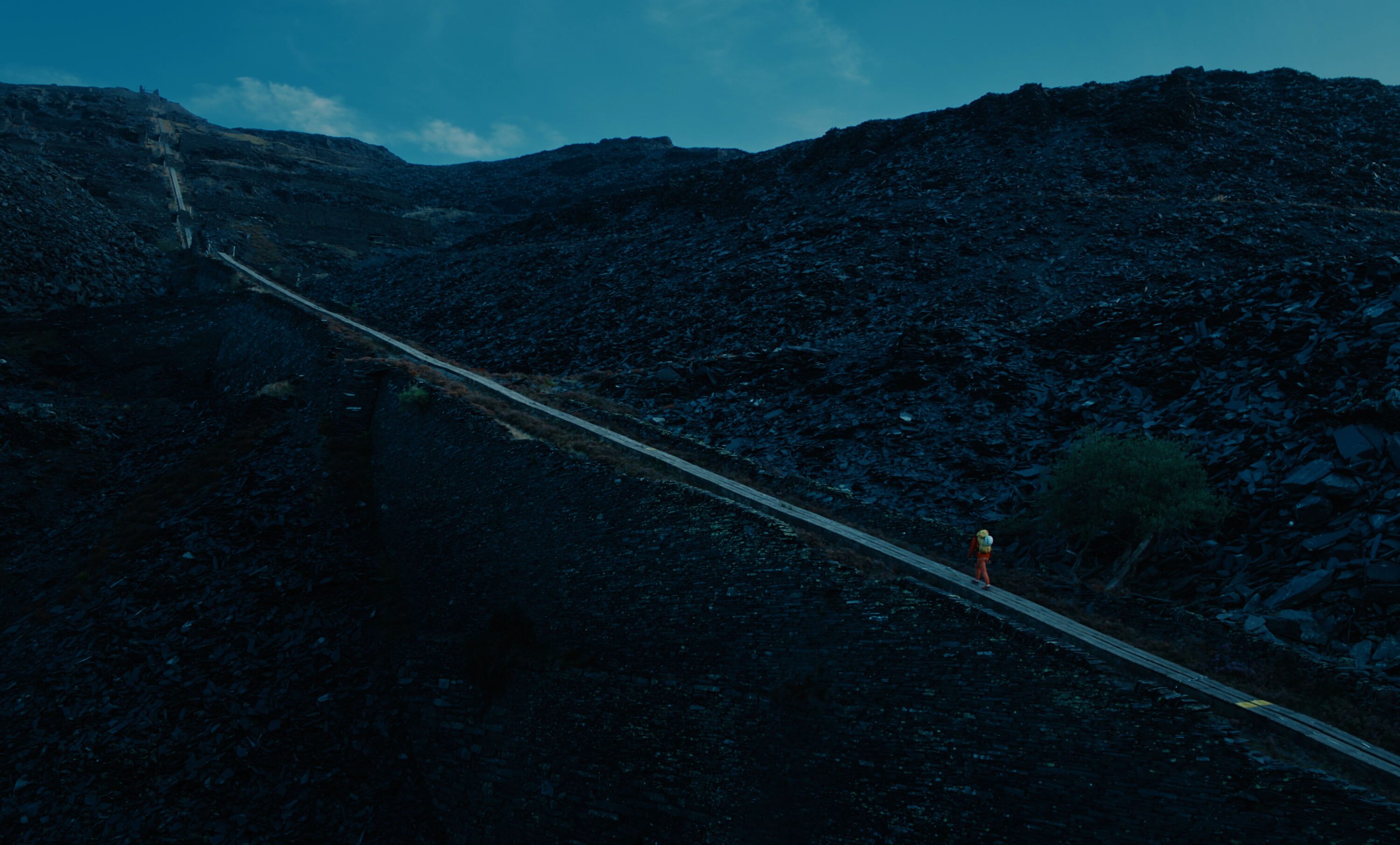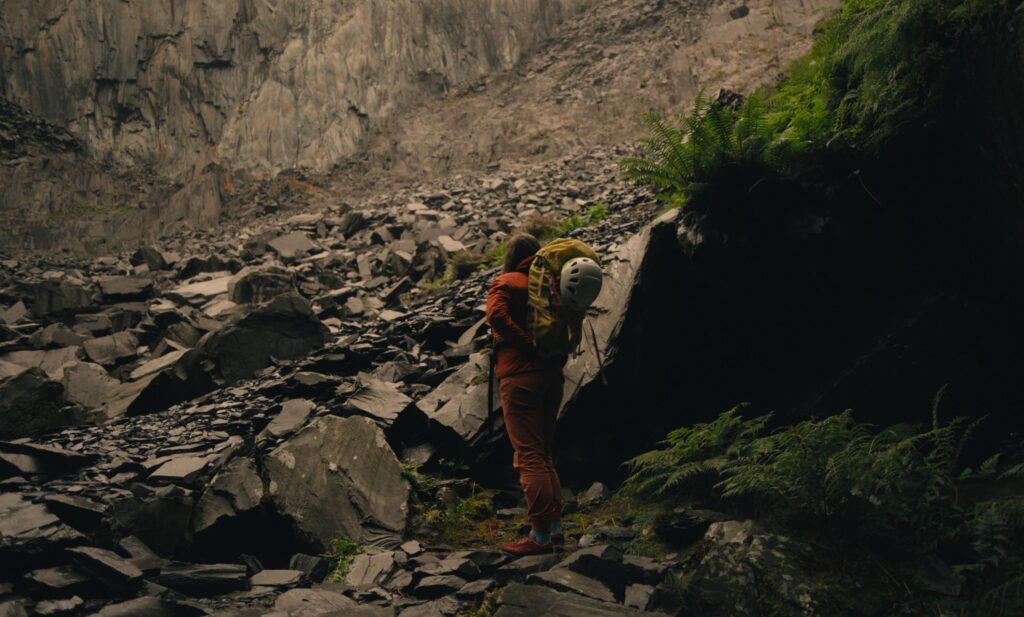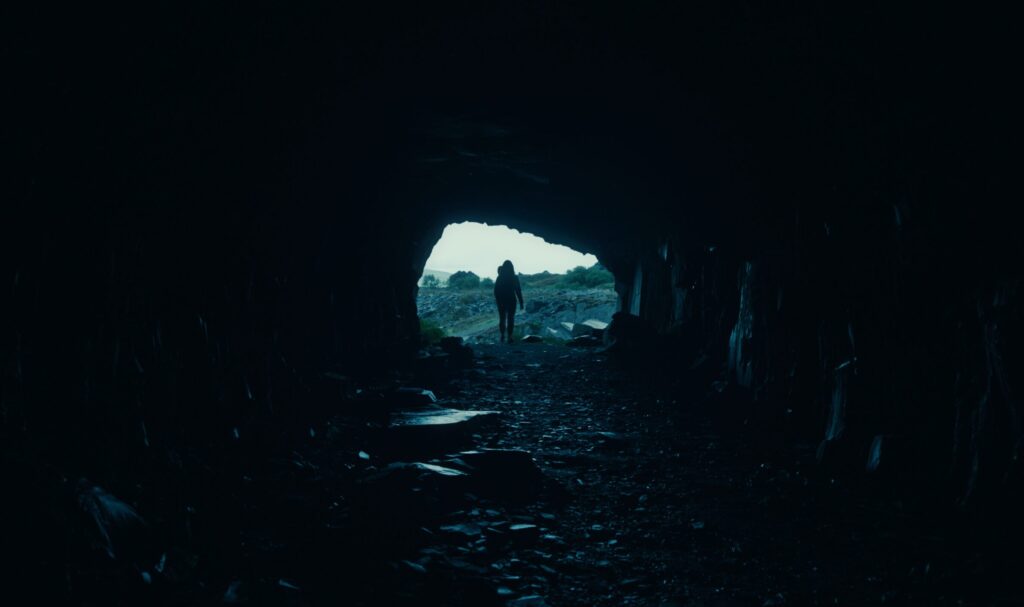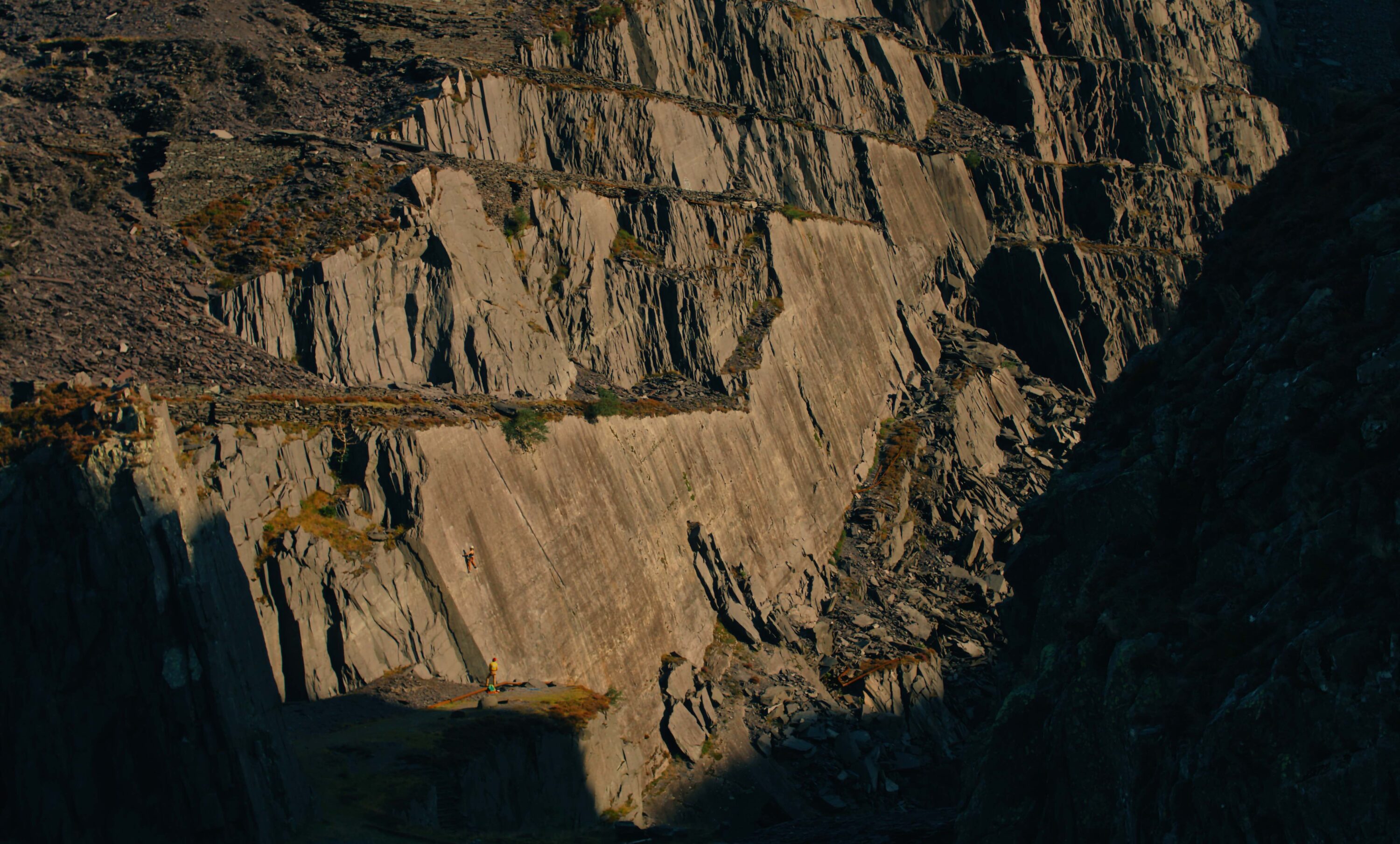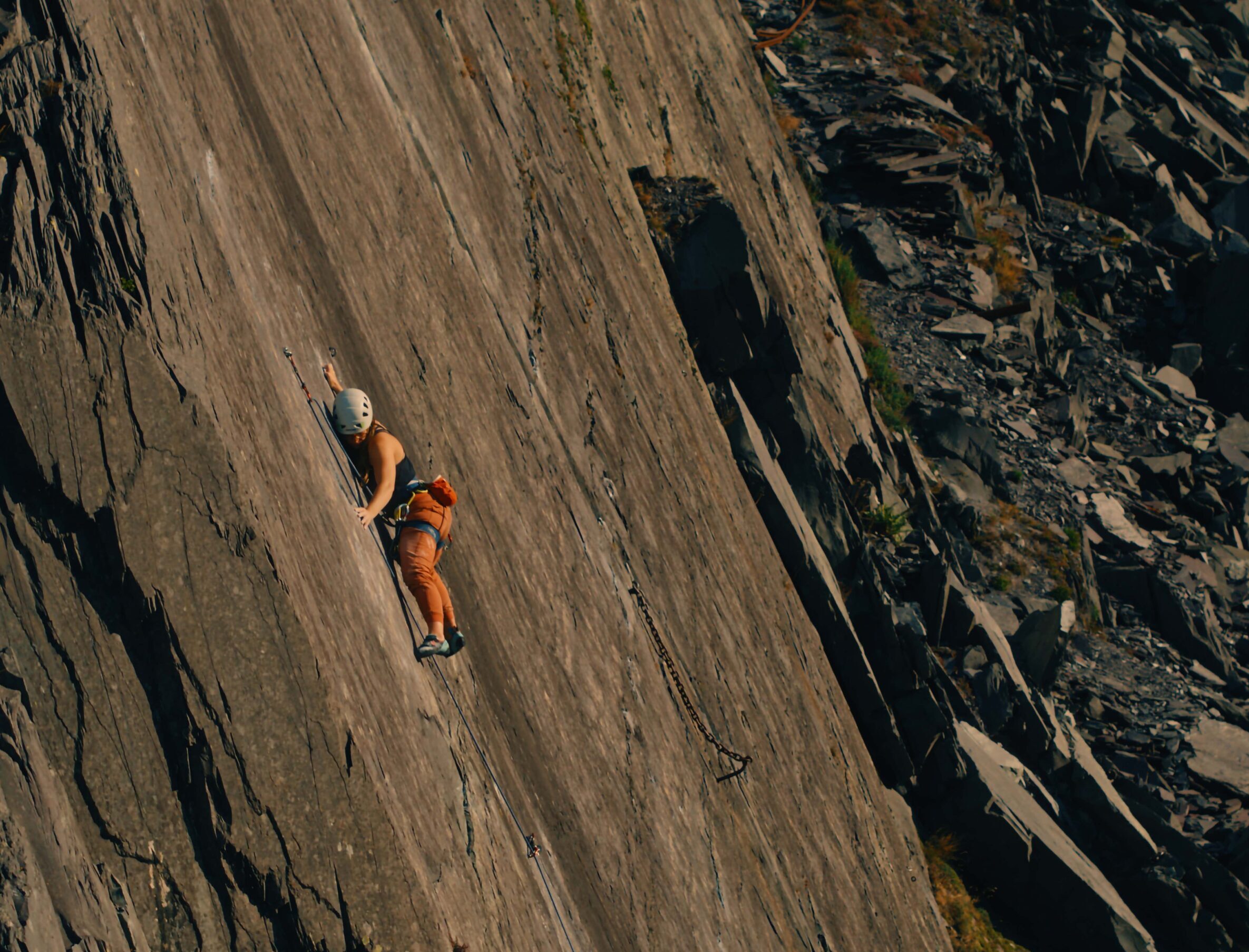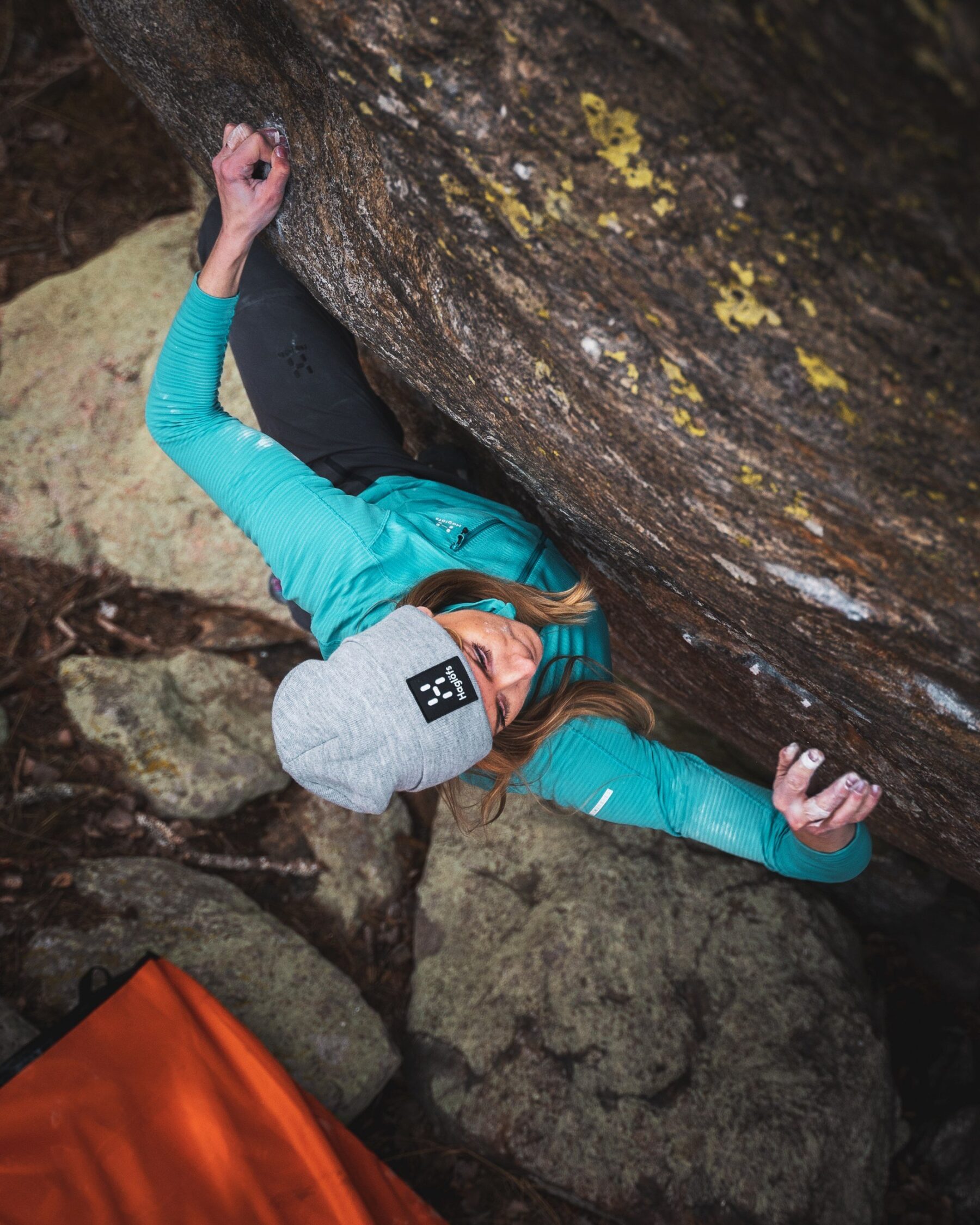Don’t miss a single adventure
Sign up to our free newsletter and get a weekly BASE hit to your inbox
Other posts by this author
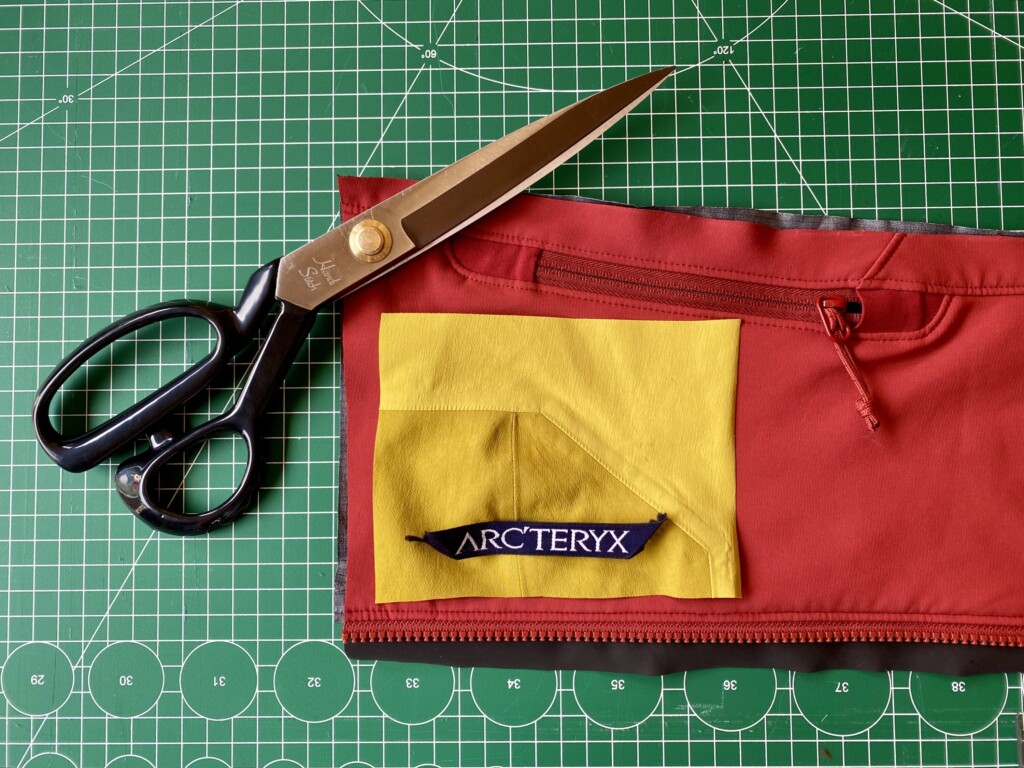
Story • Hannah Mitchell • Jul 28, 2023
Reframe, Engage, Create Change
How Arc'teryx's ReBIRD program is engaging consumers with the concept of circularity in the outdoor clothing industry
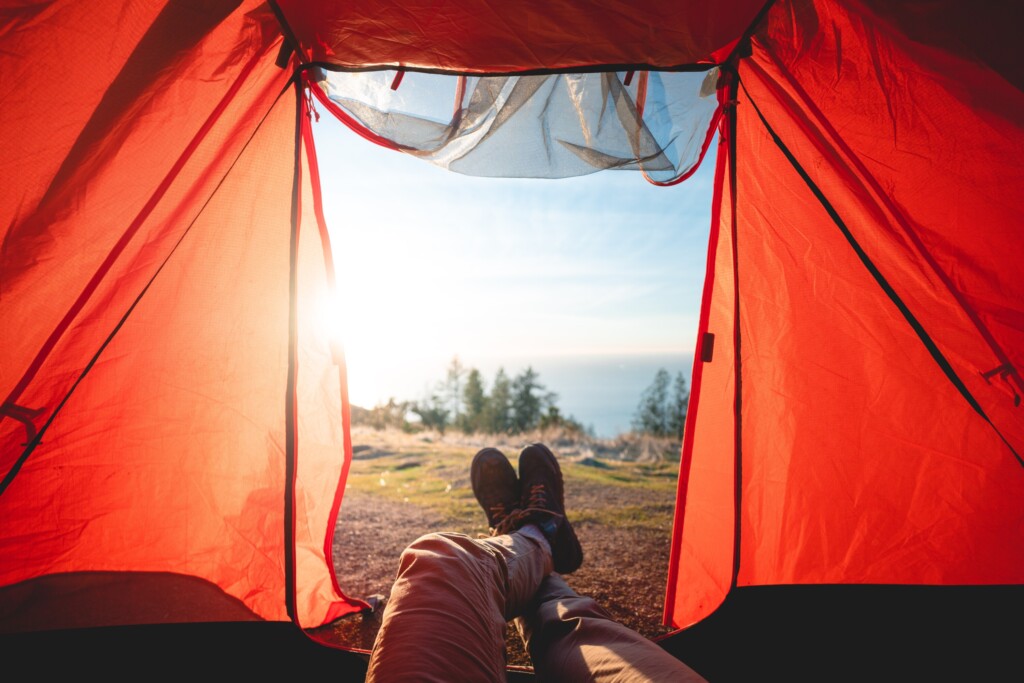
Story • Hannah Mitchell • Jun 27, 2023
The UK’s Best ‘Almost Wild Camping’ Spots For 2023
Back-to-basics camping and wild vibes... but with a few added comforts
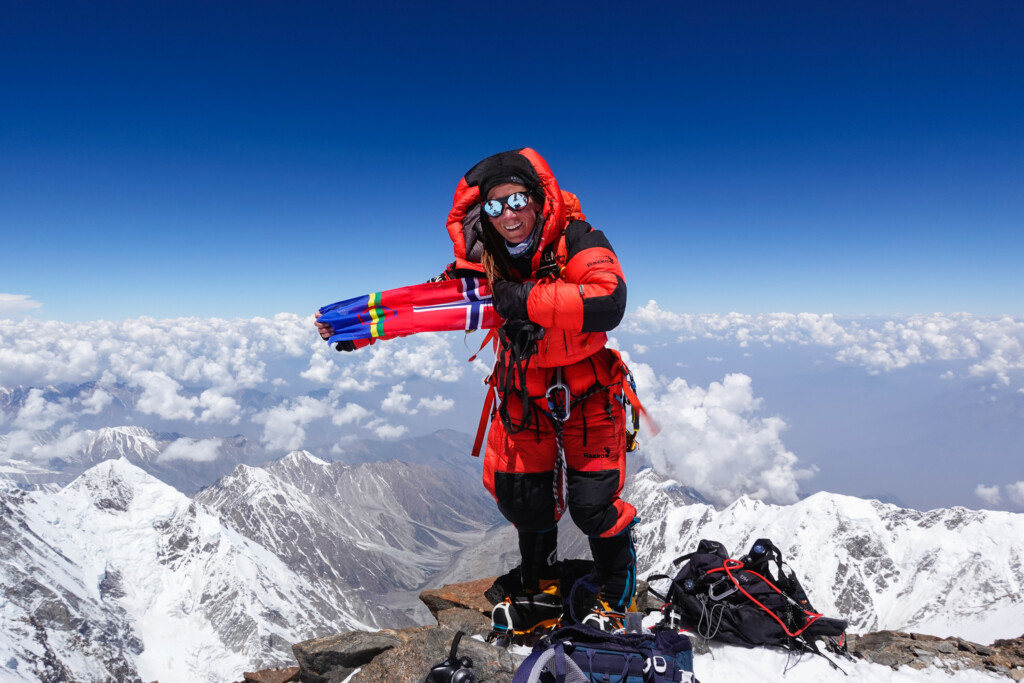
Interview • Hannah Mitchell • Jun 13, 2023
Chasing The 14: The Kristin Harila Interview
In conversation with record-breaking Norwegian mountaineer and Osprey ambassador, Kristin Harila

You might also like
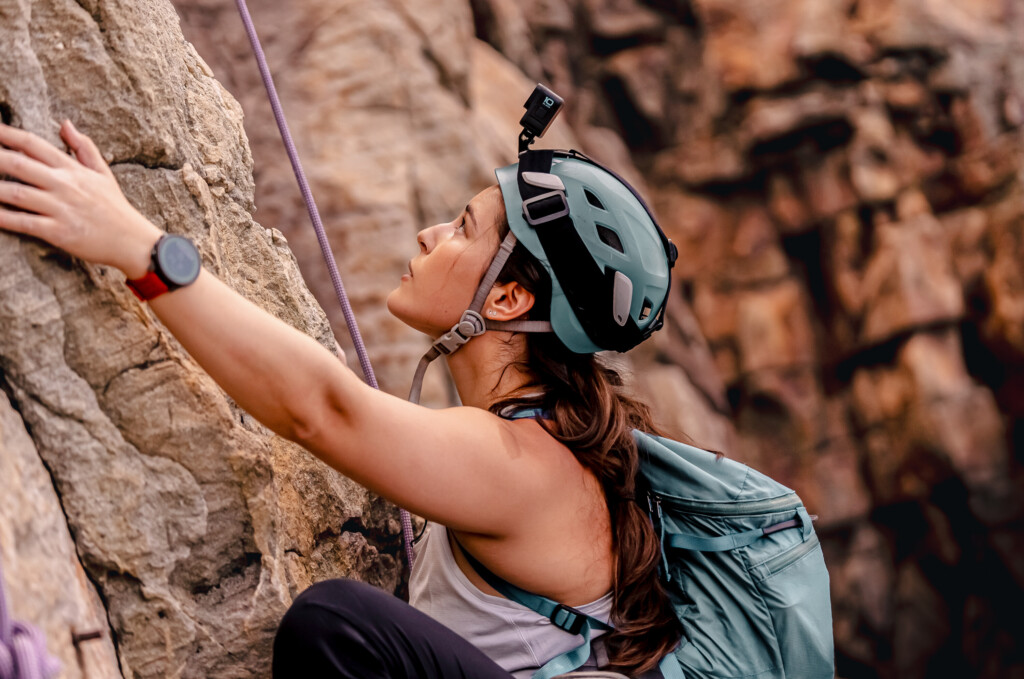
Photo Essay • BASE editorial team • Mar 18, 2024
Hunting happiness through adventure in Taiwan
BASE teams up with adventurer Sofia Jin to explore the best of Taiwan's underrated adventure scene.
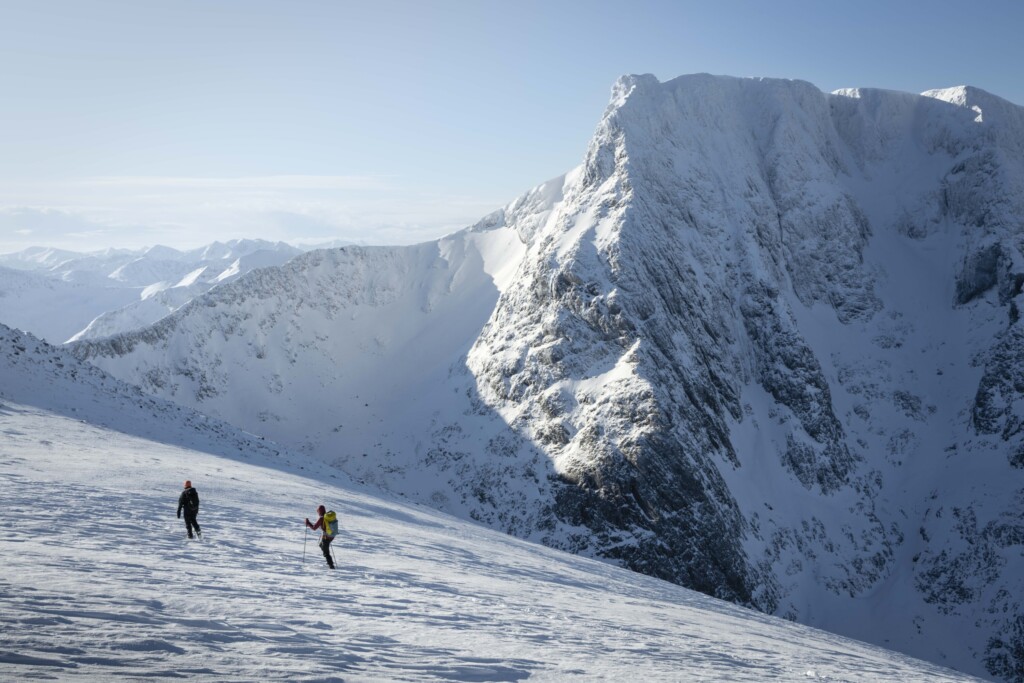
Story • BASE editorial team • Nov 21, 2023
Five Epic UK Climbs You Should Try This Winter
Craving a snowy mountain adventure? Inspired by the Garmin Instinct 2 watch (into which you can directly plan these routes), we've compiled a list of five of the best for winter 2023-24!


Video • BASE editorial team • Jul 04, 2023
Zofia Reych On Bouldering, Life And Neurodivergence
Climbing is a driving force in Zofia's life, but for a long time, it also seemed to be a destructive one
